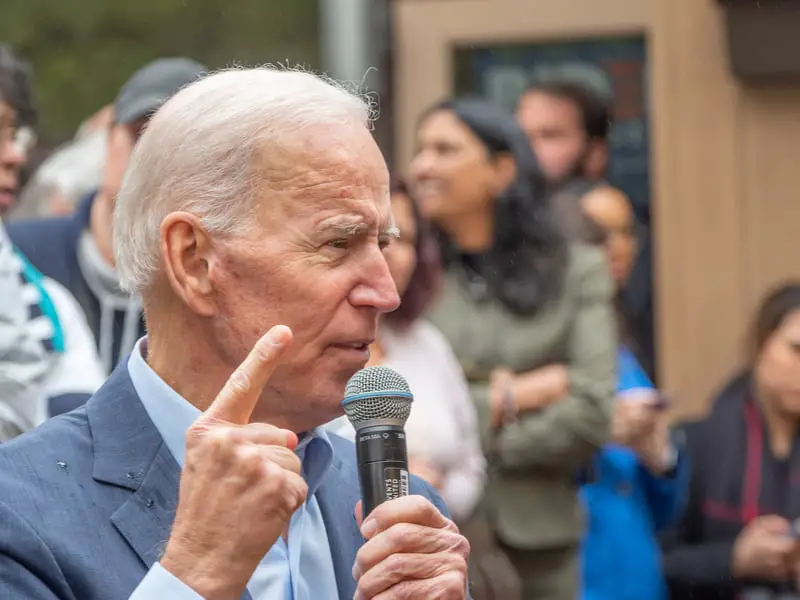
Washington, D.C. — President Joe Biden has put forward a series of reforms aimed at addressing concerns about the integrity and independence of the Supreme Court and ensuring accountability for former Presidents. These proposals have generated significant debate among lawmakers and the public.
In recent years, the Supreme Court has made decisions that have overturned long-standing legal precedents, impacting civil rights and reproductive rights. Ethical issues involving some Justices have further fueled skepticism about the Court’s impartiality. President Biden’s proposals aim to address these issues but have faced criticism for potentially overstepping executive boundaries.
No Immunity for Crimes Committed by a Former President: President Biden is advocating for a constitutional amendment to ensure that former Presidents can be prosecuted for crimes committed while in office. This “No One Is Above the Law Amendment” aims to clarify that the Constitution does not provide immunity for former Presidents. Critics argue that such an amendment could be politically motivated and may face significant legal and practical challenges.
Term Limits for Supreme Court Justices: The President proposes that Supreme Court Justices serve 18-year terms, with appointments every two years. This change is intended to promote regular turnover and reduce the long-term influence of any single Presidency. However, some constitutional scholars and lawmakers question the feasibility and potential unintended consequences of implementing term limits for Justices, citing concerns about judicial independence and the balance of power.
Binding Code of Conduct for the Supreme Court: President Biden believes that Congress should establish enforceable ethics rules for Supreme Court Justices. These rules would require Justices to disclose gifts, refrain from political activities, and recuse themselves from cases with conflicts of interest. While the intention is to align the ethical standards of Justices with those of other federal judges, critics argue that imposing such rules could undermine the Court’s independence and lead to increased politicization of judicial appointments.
Biden did not call for term limits of members of the U.S. Senate or Congress.
President Biden and Vice President Kamala Harris are seeking to work with Congress on these reforms to restore public trust in the Supreme Court and ensure that no individual is above the law. However, the proposals have sparked debate about their potential impact on the separation of powers and the future of American democracy. The Administration’s efforts have been informed by the analysis and recommendations of the Presidential Commission on the Supreme Court of the United States.

